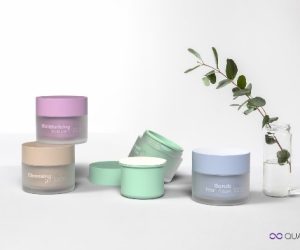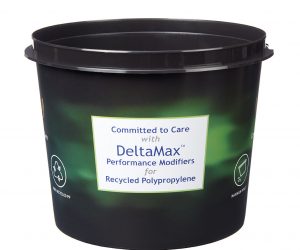

How can we build brands’ confidence in the sustainability of their packaging solutions?
From shampoo that comes in a bar instead of a bottle, to the ‘wonky’ supermarket veg that avoids unnecessary food waste, both brands and retailers are taking steps to address consumer concerns about the environment.
The ability to make an ethical, environmentally responsible choice is increasingly important to customers across all retail categories, so reducing the amount of packaging, rethinking packaging materials, and even reinventing product formats are all strategic choices that can make a difference to brand equity and sales.
The problem is, sustainability not only needs to be visible; it needs to be credible. Consumers may be attracted by claims on packs such as ‘I’m 30% recycled materials’ or ‘now with 40% less packaging’, but the brand value in making positive environmental claims like this could soon switch to reputational damage if those claims are inaccurate. Brands and retailers are aware of the risk involved and are serious about making a genuine commitment to sustainability; the difficulty they face is ensuring that their entire supply chain shares that genuine commitment. Retailers and brands are reliant on their supply chain partners to aid their due diligence and ensure efforts to improve environmental performance cannot be categorised as greenwash.
As a packaging print partner for both brands and retailers, Herbert Walkers is at the frontline of this need to fully interrogate the credentials of any new materials or innovative approaches to packaging production that come to market. It’s also our role to advise clients on the best solutions to meet their needs, balancing the drive towards sustainability with the need to deliver a commercially viable pack that performs well in both protecting the product and attracting the consumer. It’s a complex landscape with technical, ethical and financial considerations at play, but it is also an exciting period of innovation that provides opportunities for collaboration across the supply chain.
One example of this collaboration is the work we are doing for drinking cup company, Green Rock, using an eco-friendly food-safe board called DeliPac. The Herbert Walkers factory in Yorkshire is printing the profiles for Green Rock cups with the logos and designs required by the company’s clients, and these flat forms are then assembled into fully-branded, recyclable cups for hot or cold beverages. While many consumers believe all ‘paper’ cups to be recyclable, in fact, the plastic coating usually found on board used for cups to prevent the liquid from leaking through the board means that the cups cannot be recycled with ordinary board. As a result, they not only enter the waste stream, but can actually contaminate waste flows that could otherwise be recycled.
DeliPac addresses this issue in two ways; firstly with the innovative material that enables full recyclability of the board, and secondly with the wide-ranging certifications achieved for the product, which will encourage take up from brands and retailers because they provide credible substantiation of sustainability performance.
Launched after eight years of product development, Delipac is a non-polymer barrier board that can be used for any form of food or drink carton, including both packaging and disposable take-away containers. The innovative technology incorporates the barrier in the board so that it is integral throughout the mechanical structure of the fibre layers. This provides stability for the board that gives it dynamic thermal behaviour in acute temperature variable ranges. Certified as plastic free, recyclable, compostable, PFAS free and biodegradable, it has also achieved a Flustix plastic free accreditation, which means that packaging manufactured using Delipac does not have to display the dead turtle symbol required by the EU Single Use Plastics Directive introduced in 2021 for harmonised markings on all packaging containing PE and PLA plastics.
It is credentials like these that provide confidence to brands and retailers that the board can be used to enhance the sustainability profile of their products and their brand, without any risk of greenwash accusations or compliance issues with mandatory product markings.
Equally as important from a commercial and packaging design point of view is that Delipac behaves like a conventional board. For the Herbert Walkers team, when we are working collaboratively with clients and their packaging design teams, this is an important consideration because we need to be able to offer the flexibility to print the material with accuracy and consistency, particularly if the client is switching an existing design to a new substrate. We also need to be able to create the diversity of forms required to deliver both familiar shaped packs and new and exciting formats.
The reality is that the move to sustainable packaging materials is gradual. While there are innovative materials available and an appetite for more, the drivers for change remain commercial benefit and consumer pressure. At Herbert Walkers, we believe we have a role to play in supporting brands and retailers as they pick up the pace on sustainability too, developing partnerships with our supply chain partners so that we can offer tangible solutions to the sustainability dilemma.
Herbert Walkers feature article





